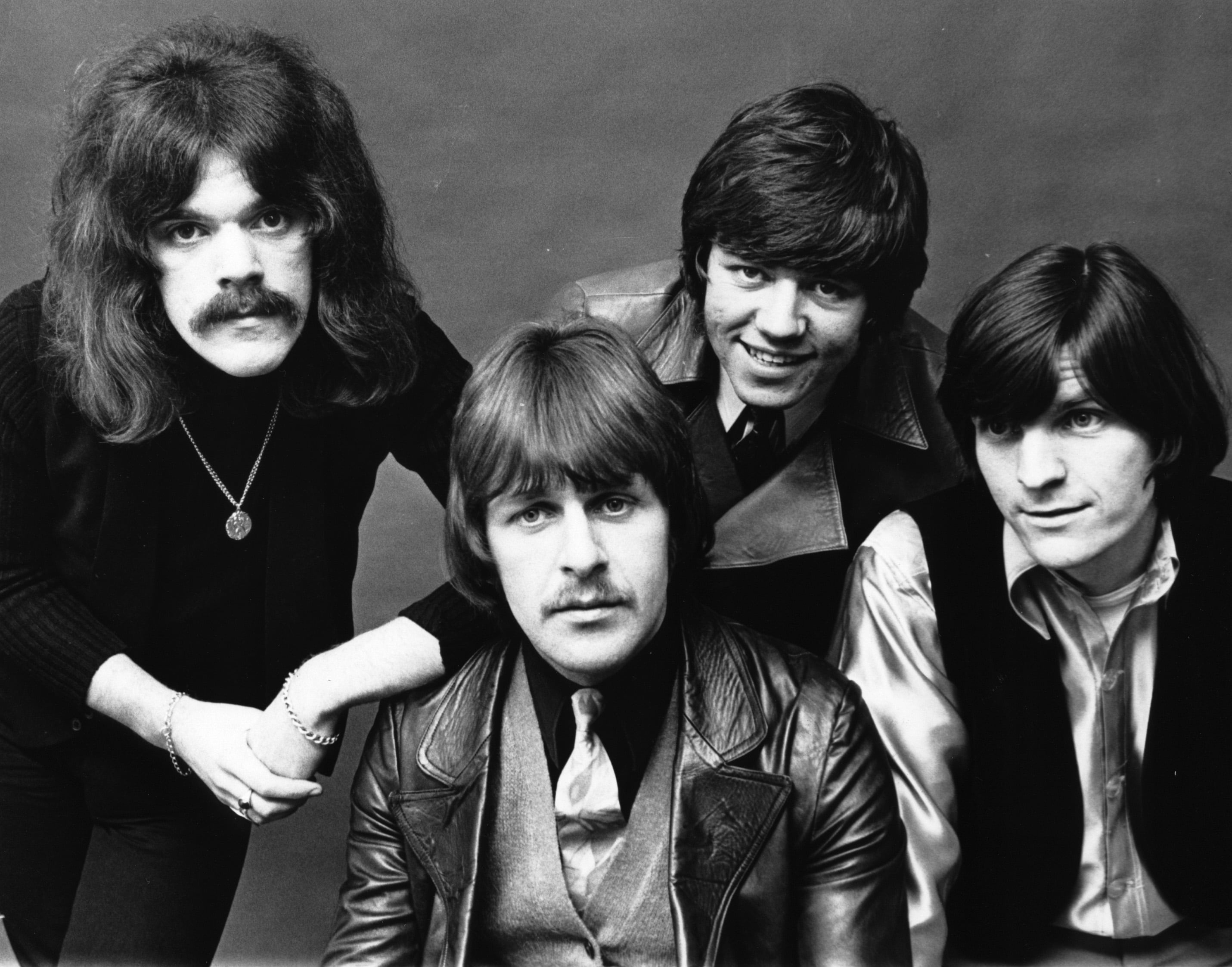I recognize a great curiosity for Birmingham. The city became fashionable for the series Peaky Blindersalthough one prefers the most realistic police fictions of local novelists such as Maureen Carter, Rachel McLean or Lucie Whitehouse (to mention only some authors). But it is instructive to apply the microscope to its musical quarry, historically overshadowed by the most celebrated scenes of Manchester, Liverpool or even Leeds.
The British record label Cherry Red Records relaces these days the collection Once Upon A Time In The Midlands: The Bostin’ Sounds Of Brumrock 1966-1974. The Brumrock, “Birmingham rock,” suffered from the centripetal attraction of London, which inevitably tends to blur provincial identities. That happened with The Move, a powerful band affected by the crashing of his manager, Tony Secunda, responsible for occurrences such as spreading a drawing of Harold Wilson in bed with his secretary (the prime minister complained, the judge shared his indignation and the group lost all the rights of the song thus promoted, Flowers In The Rain).
They already know that The Move got great successes, as did his satellites: Roy Wood with Wizzard and alone, Jeff Lynne with Electric Light Orchestra. Although the snobbery of the British colleagues made the price of the usuals of the television program down Top of the Pops (Not in the United States, where the most Anglophile criticism rightly decided that this was fine cinnamon). Another central group of the Sesentero Birmingham was the powerful Spencer Davis Group, here scarcely represented by a late theme and a piece of traffic, the following project of the early Steve Winwood. Nor is a lot of court to the Moody Blues and Denny Laine, his most restless member.
Actually, and this is usual with the anthologies of Cherry Red, it is assumed that the listener has previous knowledge: they tend to select dark themes. The avalanche of unknown bands and soloists thus displays a fascinating panorama where you find true jewels, I want a lot-and-not or eager versions of themes of the moment. Revelations about Fleetwood Mac, Mott the Houple or Magnum are abound. The type of trivialities that we love musiqueros but that, I suspect, will not move the rest of the mortals.
Cherry Red’s triple CD also illuminates the most proletarian branch of the Brumrock, which would overwhelm in the seventies with Slade, less unidimensional band than the suggest hits. And its importance in the genesis of heavy metal, perhaps natural trend for which in the nineteenth century was the manufacturing city of the British empire and that maintained great industrial activity until its liquidation by Margaret Thatcher.
Absences are noticed, from the anecdotal – Robert Plant’s recordings – to the atypical appearance of outsiders Like Nick Drake. More striking is the case of something as seismic as Black Sabbath, a band that thickened the blues (still billing ballad care). Ozzy Osbourne and company are not present here, it is possible to imagine that for getting on the parra when assessing their rights, but their contemporaries of Judas Priest. Name extracted from a parabola of Bob Dylan, creature from another mining region, is on the US border with Canada. Unexpected parallels, unusual connections.

